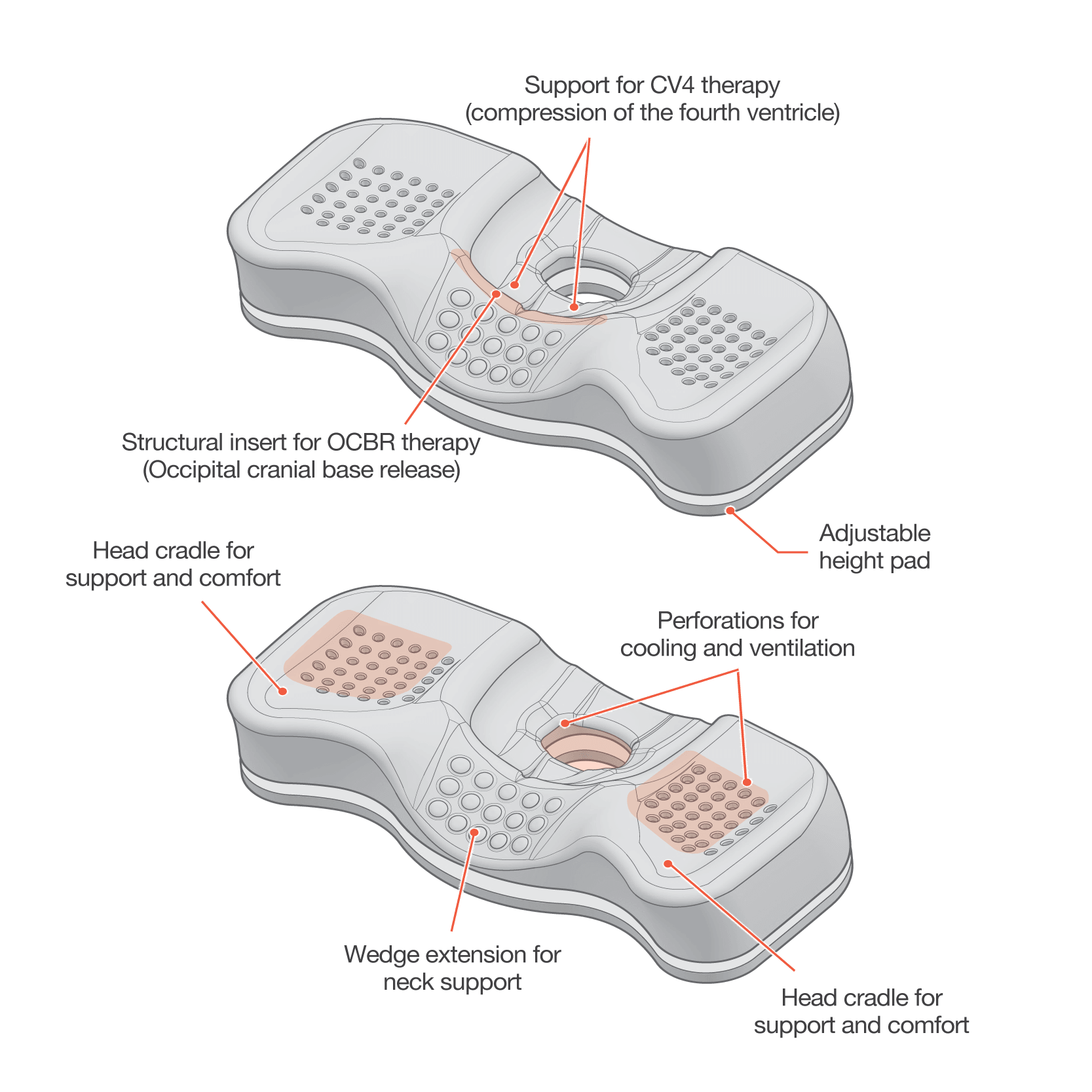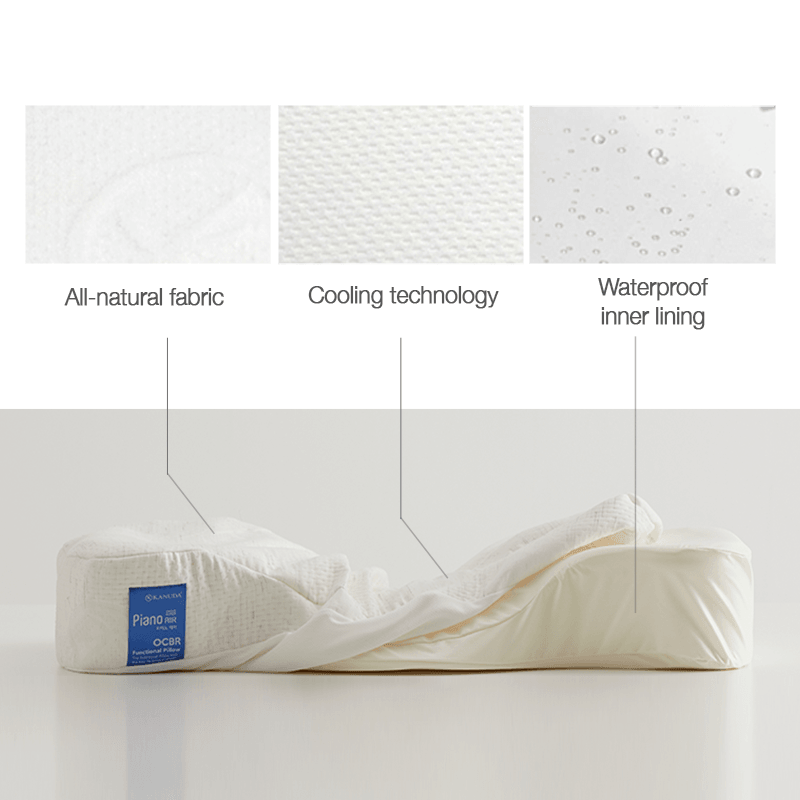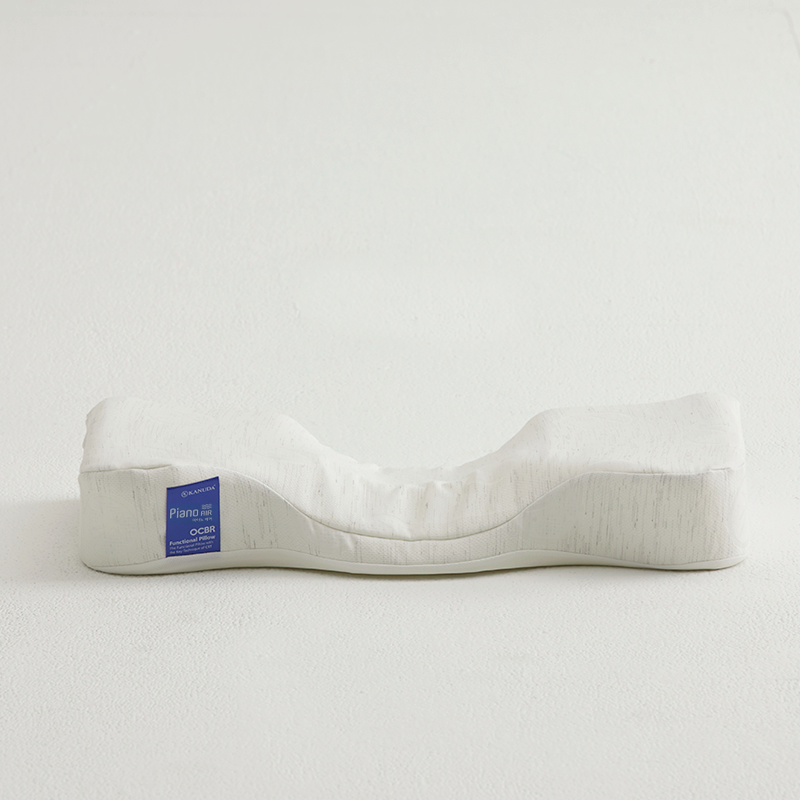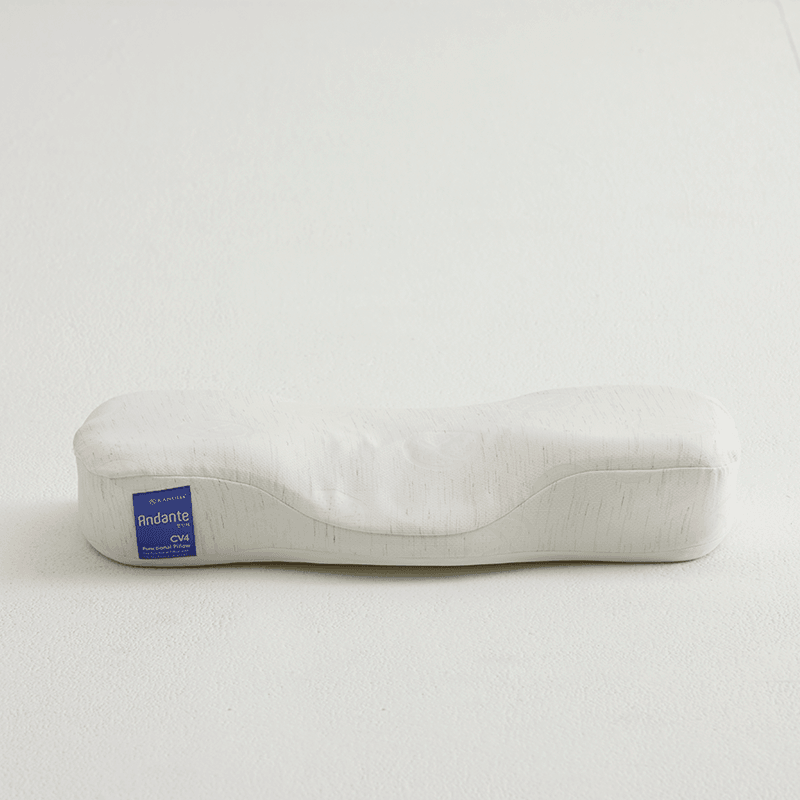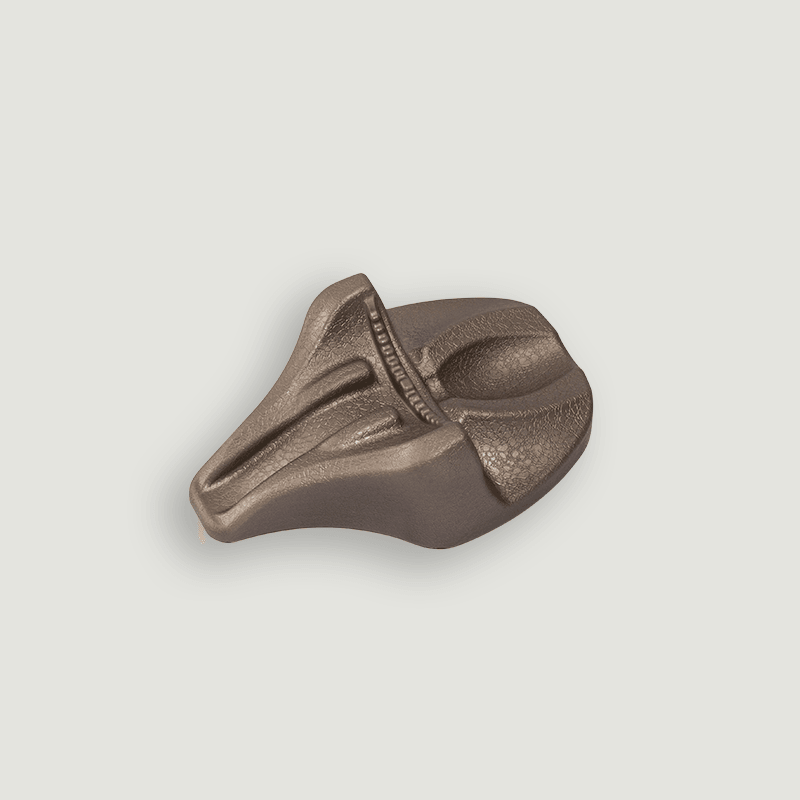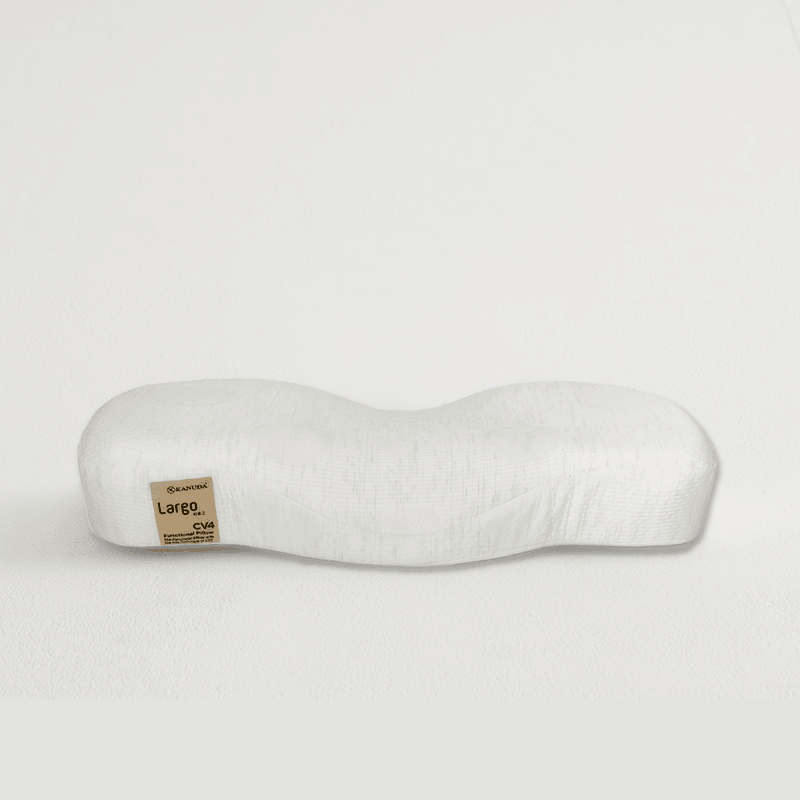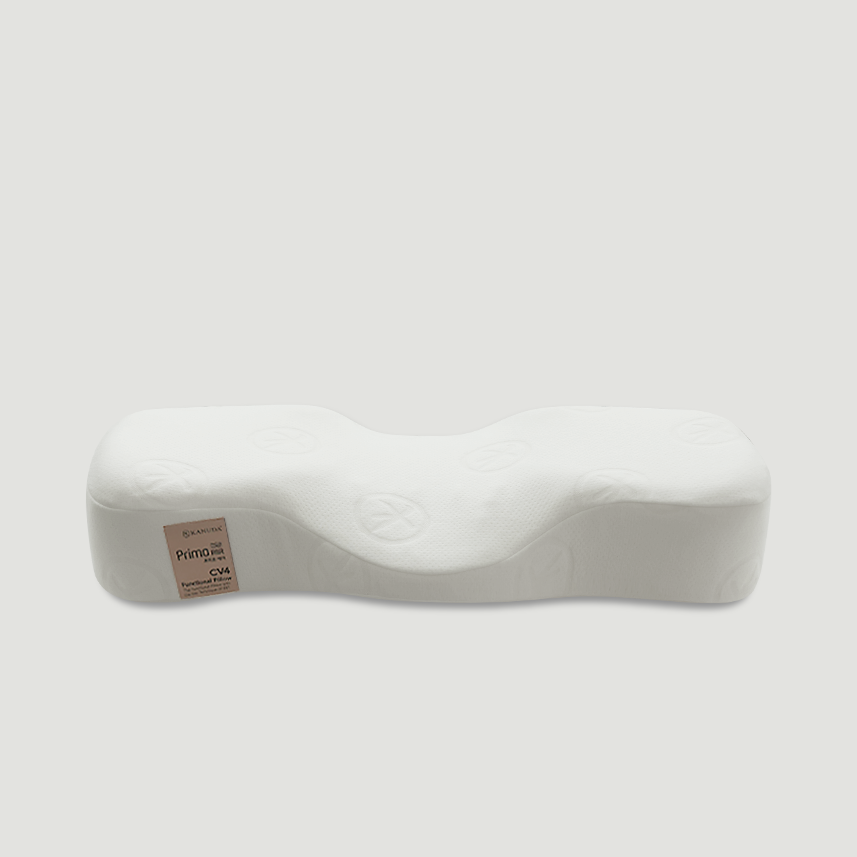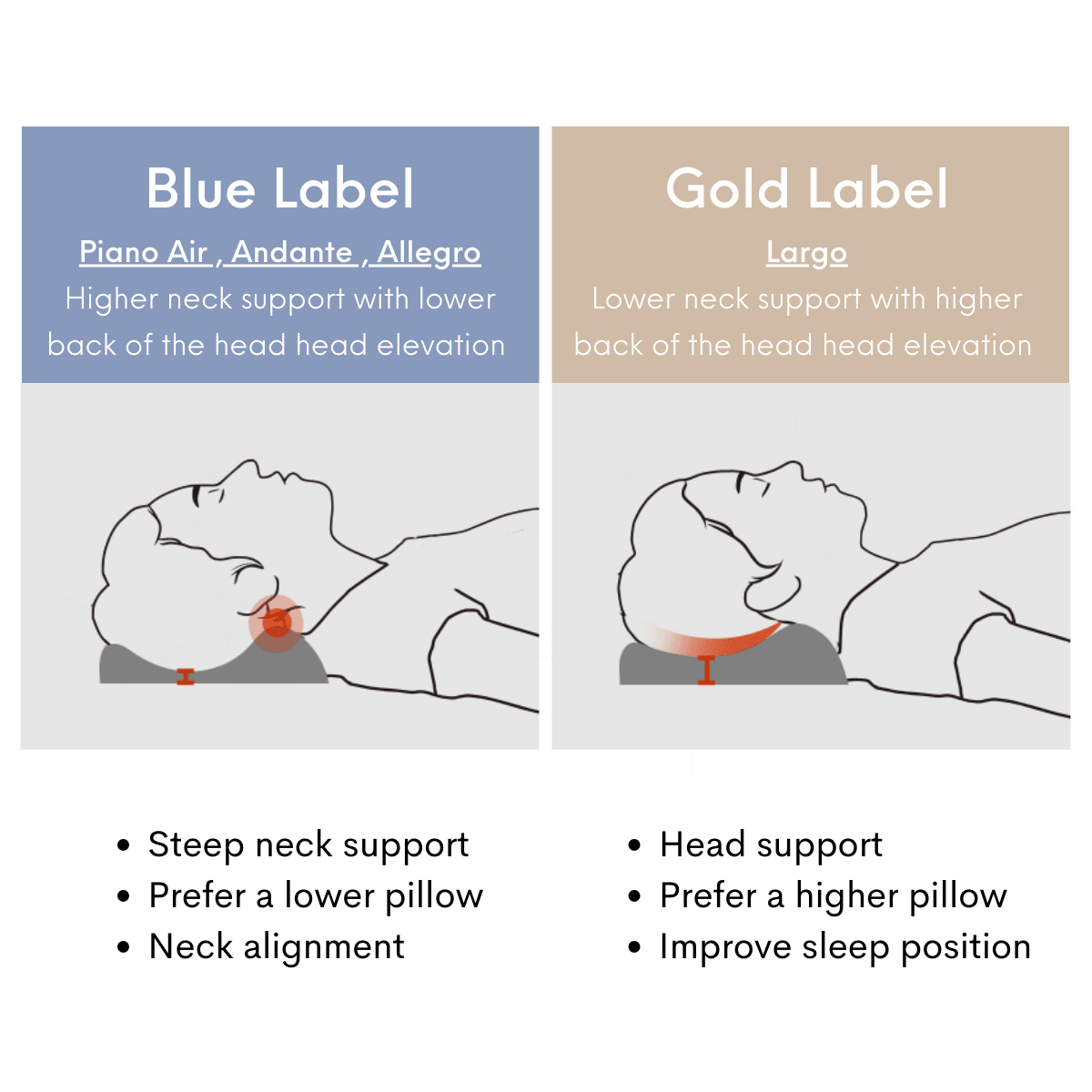As doctors, it's important to know about the latest sleep therapy products to help patients. This guide looks at new solutions from Kanuda, a company that makes special pillows for better sleep. We'll explore how these products work and how they can help people with sleep problems feel better and sleep more comfortably.
Key Takeaways
- Understand the science behind orthopedic sleep support
- Match Kanuda products to specific patient needs
- Educate patients on proper use and benefits
- Monitor progress and adjust recommendations as needed
- Stay informed about new developments in sleep therapy
The Science of Orthopedic Sleep Support
Kanuda's orthopedic pillows are made using ideas from physical therapy, focusing on keeping the neck in the right position. These special pillows use a special foam that adjusts to the shape of your body and moves with you during sleep. This foam helps spread out your weight evenly, which can reduce pressure on certain parts of your body and help blood flow better while you sleep.
These pillows are designed to work like some physical therapy techniques. They can help reduce neck pain, headaches, and improve overall sleep quality for your patients. This approach combines the benefits of physical therapy with comfortable sleep support at home, offering ongoing benefits throughout the night.
Piano Air: A New Kind of Sleep Pillow
The Piano Air pillow is a special product in Kanuda's collection of sleep therapy items. It has a unique shape that helps keep the neck in a good position during sleep, which can improve posture and reduce strain on neck muscles. The Piano Air was designed after a lot of research on how people sleep and how the neck should be positioned.
The Piano Air pillow has these features:
- Soft but supportive texture for comfort
- Support for the neck and shoulders
- An adjustable insert to change the height
- Size: 23.6" x 11.8" x 4.1", made to fit different body types
- Breathable cover to help keep cool during sleep
- Made from materials that are good for people with allergies
Suggesting the Piano Air pillow to patients with neck pain or recovering from neck injuries can help them sleep better and feel better overall. The pillow's design helps keep the spine in a good position, which can reduce pressure on nerves, relax muscles, and improve blood flow to the head and neck. It can also help people wake up less during the night, leading to more restful sleep.
Andante Pillow: Firmer Support for Some Patients
For patients who need firmer support, the Andante pillow is a good option. It has a smoother shape and is longer, which helps support the back, neck, and head. This pillow is great for people who move around a lot during sleep. It's especially helpful for those with more curved necks or who need extra support to keep their spine straight.
The Andante pillow is good for:
- Patients with neck problems, like herniated discs or chronic pain
- People who like a firmer pillow, often good for back sleepers
- Those with broader shoulders or larger body types
- Patients recovering from whiplash or other neck injuries
- People who get headaches or migraines from poor sleep posture
By recommending the Andante pillow to the right patients, you can help them keep their spine in a better position and reduce pressure on their shoulders during sleep. The firmer support can also help people who move a lot during sleep stay in a good position. This can lead to fewer sleep disruptions and better overall health.
Head Nap and Lumbar Nap: Special Pillows for Neck and Back
Kanuda's Head Nap and Lumbar Nap pillows are special devices that work like physical therapy at home. The Head Nap is for the neck, and the Lumbar Nap is for the lower back. These pillows gently stretch the spine, which can help relieve pressure and relax muscles.
The Head Nap pillow can help:
- Reduce stress by relaxing neck and shoulder muscles
- Improve flexibility in the neck
- Relieve neck, shoulder, and upper back pain
- Help with headaches, especially those caused by neck tension
- Improve blood flow to the head and neck
- Provide a way to relieve pain without medication
Suggest these pillows to patients as part of their sleep therapy plan, especially for those who might benefit from physical therapy-like treatments at home. Patients can use the Head Nap and Lumbar Nap for short periods during the day or before bed to help prepare for sleep. Using these devices regularly can help patients feel better without needing to visit the doctor's office as often.
Largo Pillow: For Different Sleep Positions
The Largo pillow is made to support people who sleep on their back and side. It has lower support for the neck and higher support for the back of the head, making it good for different sleep positions. This is important for patients who change positions during the night, as it keeps supporting them no matter how they sleep.
Good things about the Largo pillow:
- Smooth shape for easy position changes, helping people stay asleep
- Good for smaller people or those with flatter backs of their heads
- Works well for people who move a lot during sleep
- Supports both back and side sleeping
- Gently stretches the neck, which can help relieve pressure
- Designed to keep the spine in a natural position in different sleep positions
When suggesting the Largo pillow, think about how your patient sleeps and their body type to make sure it's the right fit. This pillow is especially good for patients who have trouble finding one comfortable sleep position or who feel uncomfortable when changing positions. The Largo's versatile design can help reduce waking up at night and promote better sleep, leading to improved overall sleep quality and better daytime functioning.
Primo Air: The Top Pillow for Full Support
For patients needing the most advanced sleep support, the Primo Air pillow offers the best features. This pillow has a wider core and higher sides compared to other Kanuda pillows, providing a complete solution for complex sleep issues. The Primo Air combines the best parts of Kanuda's other pillows into one versatile product.
The Primo Air pillow is good for:
- Patients with complex sleep issues, like chronic pain or multiple spine problems
- Those needing maximum neck and shoulder support
- People who change sleep positions often
- Patients recovering from neck or shoulder surgeries
- Those with broader shoulders or larger body types
- People who get headaches or migraines from poor sleep posture
Recommending the Primo Air pillow can be great for patients who haven't found success with other sleep products and need a more complete solution. The pillow's design allows for adjusting support levels, making it work for many different patient needs. By providing better neck alignment and pressure relief, the Primo Air can help with complex sleep issues, potentially reducing the need for other treatments or medications.
Mini Travel Pillow: For Patients On The Go
For patients who travel a lot or need sleep support outside home, the Kanuda Mini Travel Pillow is a portable option that doesn't compromise on quality. This smaller version of Kanuda's design ensures patients can maintain good sleep posture even when away from home. The Mini Travel Pillow is important for keeping up with sleep therapy and preventing setbacks during travel.
Features of the Mini Travel Pillow:
- Small size (15.75" x 7" x 3.6") for easy carrying in luggage or backpacks
- Uses the same high-quality foam as full-sized Kanuda pillows
- Shaped to keep the spine aligned on different sleeping surfaces
- Lightweight, making it easy to carry while traveling
- Made from durable materials that can handle frequent use and different environments
- Has a cover that's good for people with allergies and easy to clean
Tell your patients about the importance of keeping good sleep posture, even when traveling, and suggest the Mini Travel Pillow as part of their sleep therapy plan. Explain that using a familiar, supportive pillow can help with sleep problems often caused by travel, like jet lag or discomfort from unfamiliar beds. By having a reliable pillow wherever they go, patients can keep up with their sleep therapy and return from trips without losing progress in their treatment.
Using Kanuda Products in Sleep Therapy
To use Kanuda products effectively in your sleep therapy plans, follow these steps:
- Carefully check each patient's sleep habits and physical needs:
- Look at how they sleep now and any pain they have
- Check their neck alignment and any existing conditions
- Consider how they like to sleep and how much they move at night
- Review their medical history, including past sleep treatments
- Choose the right Kanuda product for each patient:
- Think about how much support they need based on their physical condition
- Consider their sleep habits and preferences
- Decide if they need a pillow that works for multiple sleep positions
- See if they need extra features like traction or travel-friendly options
- Give clear instructions on how to use and care for the product:
- Show them the correct way to position the pillow
- Explain any adjustable features and how to use them
- Tell them how to keep the pillow clean and in good shape
- Talk about the adjustment period and any initial discomfort they might feel
- Plan follow-up appointments to check progress and make changes if needed:
- See if their sleep quality has improved and if they have less pain
- Address any problems or difficulties they're having
- Adjust the pillow or suggest a different product if needed
- Provide ongoing support as they get used to the new pillow
By matching each patient with the right product and supporting them throughout their treatment, you can help them get the most out of these sleep therapy products. This personalized approach ensures patients receive the full benefits of Kanuda's advanced sleep technology, leading to better sleep and overall health.
Teaching Patients and Helping Them Stick to the Plan
Teaching patients about good sleep posture and the benefits of Kanuda products is important to make sure they use them correctly and get the best results. Consider making easy-to-understand materials that answer common questions about sleep therapy products. Create a patient education program that includes:
Key points to teach patients:
- How sleep posture affects overall health:
- Explain how good alignment helps spine health and nerve function
- Discuss how sleep quality affects daytime activities and chronic pain
- Talk about the long-term benefits of consistently good sleep posture
- How Kanuda products help with specific sleep issues:
- Explain each product's special features and benefits
- Use pictures to show how the pillows support good spine alignment
- Share stories from patients with similar conditions who have been helped
- How to take care of sleep therapy products:
- Give instructions for cleaning and maintaining the pillows
- Explain how to keep the pillows in good shape
- Discuss when to replace pillows to ensure they keep working well
- Why it's important to use the recommended products consistently:
- Stress the benefits of using the products every night
- Talk about possible challenges when first starting to use the products
- Give tips for making the products part of their nightly routine
By providing thorough education and support, you can help your patients get the most out of these advanced sleep therapy solutions. Consider checking in with patients regularly to see how they're doing, answer any questions, and remind them of the importance of consistent use. Offering ongoing support and education can greatly improve how well patients follow the treatment plan and lead to better long-term results in sleep therapy.
Conclusion: Improving Sleep Health with Kanuda Products
As doctors, it's important to know about the newest sleep therapy products to give the best care to your patients. Kanuda's range of special pillows and sleep devices offers many tools for helping with different sleep problems, from ongoing neck pain to complex spine alignment issues. By using these products in your treatments and teaching patients about their benefits, you can play a big role in improving sleep health and overall quality of life for people with sleep disorders.
Using Kanuda products in your practice shows you're committed to using proven, patient-focused care. These advanced sleep therapy solutions offer a way to manage sleep issues without surgery or drugs, which fits with the growing trend of holistic and preventative healthcare. By giving patients tools to improve their sleep, you're not just helping with their current problems but also contributing to their long-term health and well-being.
Keep exploring new Kanuda products and stay up-to-date on the latest sleep medicine research to make sure you're always offering the best solutions to your patients. Attend workshops, webinars, and conferences about sleep health to learn more and meet other professionals in the field. By staying informed about the newest sleep therapy advancements, you'll be well-prepared to provide innovative, effective treatments that can significantly improve your patients' quality of life.
With the right tools and knowledge, you can make a big difference in the sleep health of your community. Embrace the potential of Kanuda's sleep therapy products and help your patients take control of their sleep health. By doing this, you'll not only improve your practice but also contribute to the bigger goal of improving public health through better sleep.



